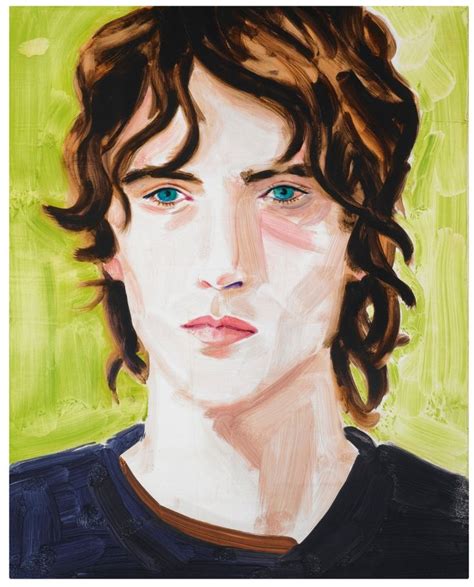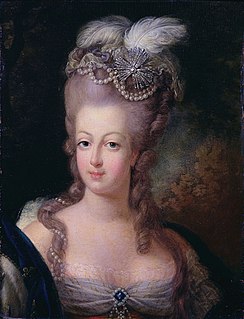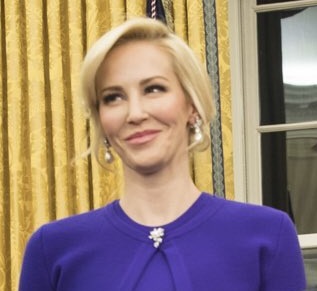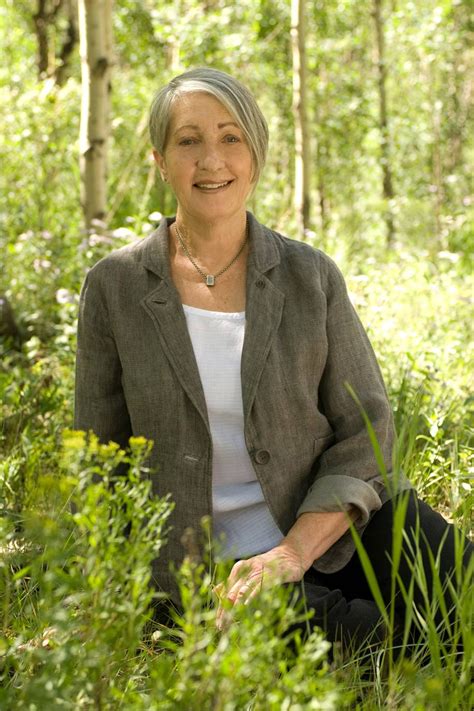A Quote by Amanda Foreman
Marie-Antoinette was born in 1755, the youngest daughter of Empress Maria Theresa of Austria and Emperor Francis I. She was intelligent and artistic but devoid of the ambition or calculation required to survive in the fetid atmosphere of the French court. In many ways, her character was not unlike that of Mary, Queen of Scots.
Related Quotes
Marie Antoinette: The Portrait of an Average Woman was one of those books I read in my mid-twenties that was life-changing. I think I had a very black-and-white view of Marie Antoinette before, but in reading that book, I developed a lot of empathy for her. She was just caught up in history. There was no place for a woman to do anything at that time anyway.
She glanced across to where Tilly and her brand new husband were posing for photographs, Tilly fluttering a fan coquettishly in front of her face. 'Unfortunately I didn't realise there was a French Revolutionary theme.' 'The Marie-Antoinette thing?' said Dexter. 'Well at least we know there'll be cake.
I think the thing about Anne Boleyn is there is an exotic quality to her. This is a woman who wasn’t raised in the English court. She was in the French court and Hapsburg court. She has a continental exotic quality to her. She’s quite a fiery woman and incredibly intelligent. So I think Anne really stood out – fire and intelligence and boldness – in comparison to the English roses that were flopping around court, she would’ve stood out. And Henry noticed that.
The thing I'm writing now, I have various characters, and all of a sudden, out of nowhere, this couple dies. And they have a daughter. ...I thought, 'OK, we have to do something with the daughter' ... then I realized she's not really their daughter. She has her own story. And she's become the most interesting character. She was this throwaway character that I didn't even conceive of before I started writing her into it, and now she's become very important in this book.
Eleanor Roosevelt loved to write. She was a wonderful child writer. I mean, she wrote beautiful essays and stories as a child. And Marie Souvestre really appreciated Eleanor Roosevelt's talents and encouraged her talents. Also, she spoke perfect French. She grew up speaking French. She's now at a french-speaking school where, you know, girls are coming from all over the world. Not everybody speaks French.
There is no one kind of thing that we 'perceive' but many different kinds, the number being reducible if at all by scientific investigation and not by philosophy: pens are in many ways though not in all ways unlike rainbows, which are in many ways though not in all ways unlike after-images, which in turn are in many ways but not in all ways unlike pictures on the cinema-screen--and so on.





































